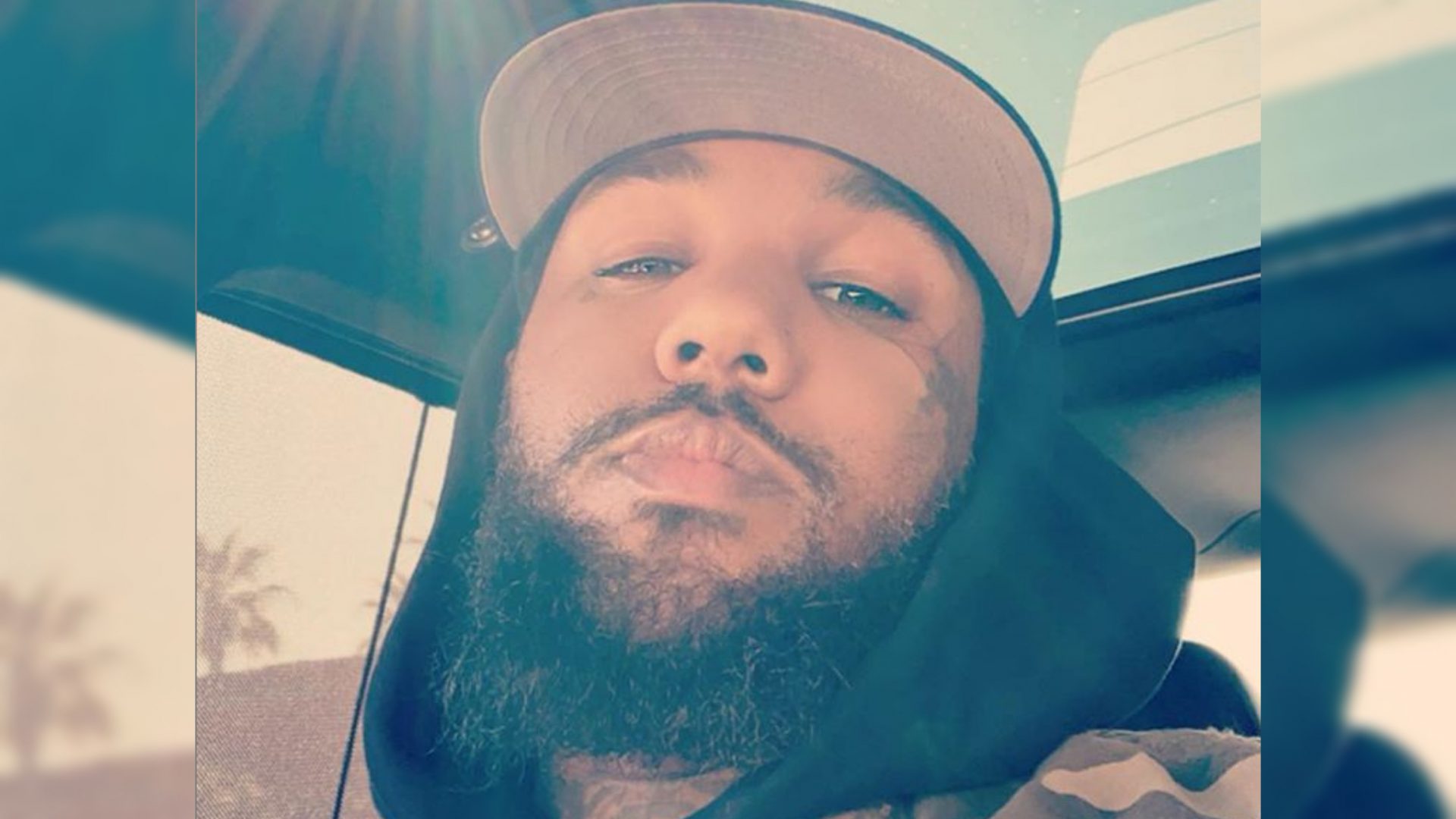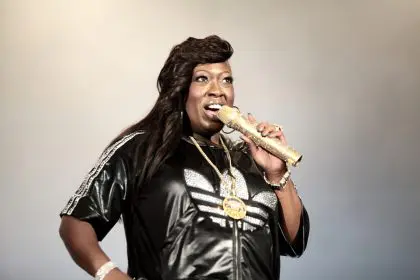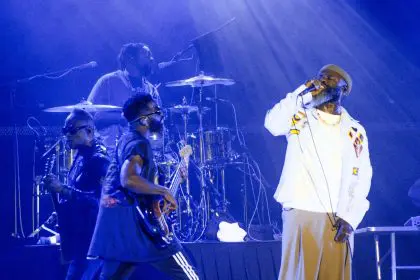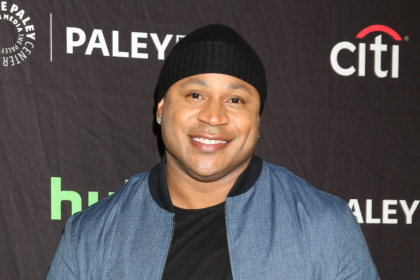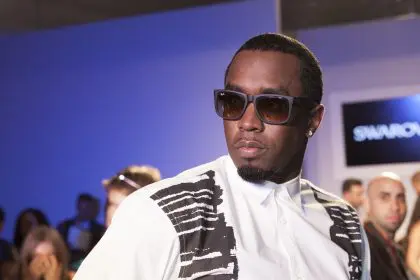Hip-hop artist The Game has intensified his criticism of former mentor Dr. Dre, highlighting growing tensions between the two rap powerhouses over perceived slights and missed opportunities.
The Game, born Jayceon Terrell Taylor, recently expressed frustration about his exclusion from the 2022 Super Bowl halftime show, which featured Dr. Dre alongside Eminem, Snoop Dogg and Kendrick Lamar. Taylor believes his contributions to West Coast hip-hop warranted inclusion in the performance.
The relationship between Taylor and Dre dates to the early 2000s when they collaborated on Taylor’s debut album “The Documentary.” The project helped revitalize West Coast hip-hop and produced hits including “Hate It or Love It” and “How We Do,” establishing Taylor as a formidable voice in rap music.
Despite their early success, the partnership has grown increasingly strained. Taylor’s recent appearance on the “Drink Champs” podcast revealed deepening frustrations when he compared Dre’s support to that of Kanye West, stating West accomplished more for his career in two weeks than Dre had done overall.
Dre’s response to Taylor’s comments was notably dismissive. When questioned about the situation, Dre simply stated, “Nah, I was good. It was perfect.”
The tension between these artists extends beyond personal grievances, reflecting broader industry discussions about recognition and loyalty. Taylor’s critique resonates with conversations about artist development and support in contemporary hip-hop, particularly regarding the relationship between established producers and emerging talents.
Their dynamic highlights the evolution of hip-hop mentorship. While Dre’s blueprint for developing artists proved successful with acts like Eminem and Snoop Dogg, Taylor’s experience suggests a more complex reality. His partnership with West demonstrates how modern artists increasingly seek unconventional collaborations outside traditional mentor-protege relationships.
The controversy has sparked discussions about legacy and influence in hip-hop. While Dre’s impact on the genre remains undisputed, Taylor’s criticism raises questions about the responsibilities of industry veterans to their former collaborators.
As both artists continue their careers independently, their story serves as a case study in hip-hop’s changing power dynamics. Whether reconciliation lies ahead remains uncertain, but their complicated relationship continues to influence conversations about loyalty and recognition in music.
The industry watches closely as this situation develops, with potential implications for future collaborations and mentorship models in hip-hop. Meanwhile, both artists maintain active careers, contributing to the genre’s evolution through their respective work.

